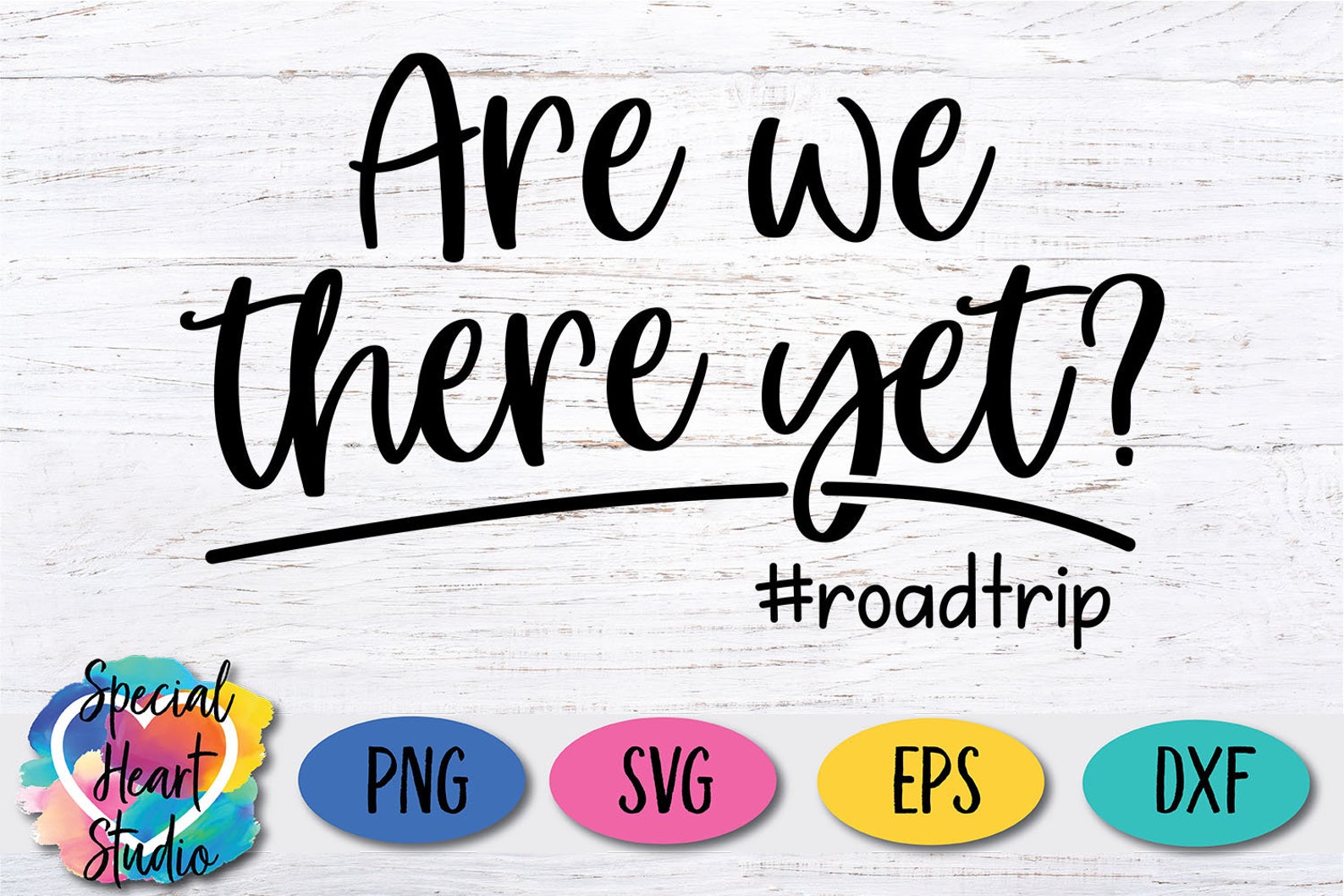
I've also heard the terms eliminated and eradicated. A small number of those people will still need to be hospitalized, he notes. "The virus might find you if you're unvaccinated or if you have underlying risk factors," Weisfuse says. Once that's decided at a special meeting, some countries could still be stuck in epidemic status while others may skip right into endemic.Īnd, our experts noted, an endemic disease doesn't change the fact that people still need to protect themselves by getting vaccinated. If the disease were a candy bar, we still don't know what to expect when we unwrap it.Īlso, Baker notes, the pandemic won't officially be over until the World Health Organization says it's over. In other words, we're far from being able to predict what will happen next with COVID-19. "The problem hanging over all of us is what happens if a new variant should occur," Weisfuse says.

There are a few potential roadblocks in the way - namely, variants. "But when it will happen is a really good question." "We're all in a rush to get to the endemic stage - I would love it," Baker says. So are we there yet, endemically speaking? With minimal precautions, such as vaccination, boosters and optional masking, life for most people proceeds as normal. (Every once in awhile, there are new variants that throw things off, like H1N1 in 2009, which caused a pandemic.) Other endemic diseases in the U.S. Most strains of influenza are endemic, for example, and you can roughly predict when flu season will begin and end. "There's always a "background rate of infection causing cases - or maybe more cases in enclaves of people who haven't been vaccinated," he adds. Isaac Weisfuse, an adjunct professor in Cornell University's master's of public health program. And if you unwrapped a KitKat bar to reveal six pieces, you'd know something was wrong - "it throws you off, you know something's happening," she says, just as you know that you can't count on things staying the same when there's an epidemic.Īs much as none of us want to be joined at the hip with COVID-19 forever - that's the nature of an endemic situation - this stage does have some advantages.įirst of all, you know what you're getting: "Endemic means that the disease or infection reached a steady state where it doesn't cause large outbreaks but it still circulates, causing individual cases," explains epidemiologist Dr. "An epidemic means more cases than we expect," she explains. If you think of a disease as a regular-size KitKat bar, Baker says, and you open the package one day and there are six pieces instead of four, that candy bar is acting more like an epidemic (that is, a sudden spike of a disease that could lead to a pandemic if it spreads globally).

(If you're fuzzy on the definitions, check out this glossary.) Since then, we're all become too familiar with the word pandemic - and sister terms such as epidemic and outbreak. It's been two years since the World Health Organization, on March 11, 2020, officially declared a global pandemic. We all know what the word pandemic means now, but remind me what endemic means again - and are we there yet?
#ARE WE THERE YET ARCHIVE#
If you have a question you'd like us to consider for a future post, email us at with the subject line: "Weekly Coronavirus Questions." See an archive of our FAQs here. Above: Masked pedestrians in Barcelona, Spain, in July 2021.Įach week, we answer frequently asked questions about life during the coronavirus crisis. But the World Health Organization cautions that the pandemic is not over. Some European countries, such as Spain, are making plans for the time they might be able to treat SARS-CoV-2 as an endemic disease - one that's always around but fairly predictable.


 0 kommentar(er)
0 kommentar(er)
